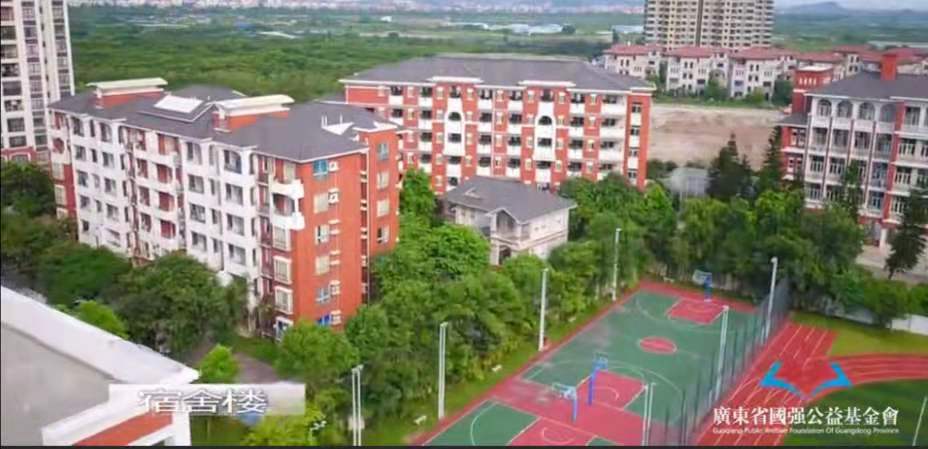Free schooling reshapes destinies of needy students
- By Xu Xiaoxuan
 0 Comment(s)
0 Comment(s) Print
Print E-mail Xinhua, December 20, 2020
E-mail Xinhua, December 20, 2020
“How can acquiring knowledge be more important than putting food on the table?” This line from a Chinese short film called “Students at Guohua Memorial Middle School” reflects the painful struggle facing poverty-stricken households in paying for education fees for their children.

The film is based on true stories of Guohua Memorial Middle School, which focuses on reshaping destinies of needy students.
Established in Foshan city, south China’s Guangdong province in 2002, Guohua Memorial Middle School is China’s first private boarding senior high school that doesn’t charge students anything.
In 2002, Yang Guoqiang, founder of property development company Country Garden, and her daughter Yang Huiyan donated 260 million RMB to set up Guohua, with the aim of providing high-quality education to excellent students from financially disadvantaged families across the country.
“Knowledge is a powerful weapon to fight against poverty. I cannot bear to see that children with aspiration and potential end up nowhere just because they can’t afford to go to school,” said Yang Guoqiang.
For students in Guohua, all their studying and living expenses from senior high school up to college and even post-graduate and doctoral study is covered by the school, even including fares to travel back to their hometowns during the holidays.
Wang Yongkun graduated from Guohua in 2009 and then obtained his bachelor’s degree in the Harbin Institute of Technology, a prestigious university in China.Wang is now the founder of Standard Robots (Shenzhen) Co., Ltd. and made the 2019 Forbes 30 under 30 China List.
“The school is well-equipped with a library, playground, laboratories, basketball, volleyball and badminton courts, as well as rooms for computers, art, singing, dancing and calligraphy,” said Wang. “Besides learning, regular hiking and visits to museums, art galleries, and factories are also organized for us to broaden our horizons.”
Cai Ying, also a student from Guohua, now works in the China-Japan Friendship Hospital after graduating from Peking University Health Science Center. When the outbreak of novel coronavirus hit Wuhan earlier this year, she actively joined a medical team rushing to assist in the battle against the epidemic in the city.
“It's worth it even if we spent 10 million yuan for each student, as long as this can help cultivate useful people for the society," stated Yang Guoqiang, who has invested a total of over 600 million yuan in the school.
So far, Guohua has received more than 3200 students who would otherwise have dropped out because of poverty, among which 2,582 have graduated. Of all the graduates, 803 have pursued further study either at home or abroad to obtain a master’s degree, and 141 now have a doctoral degree.
In addition to Guohua, Yang and his daughter also set up grant projects and vocational schools for free so that needy students can acquire professional skills and earn a living.
It is better to teach a man to fish than to give him fish.
Education is an important way to stop poverty from being passed on to the next generation, which is the guiding philosophy of Yang’s charitable projects.






Go to Forum >>0 Comment(s)